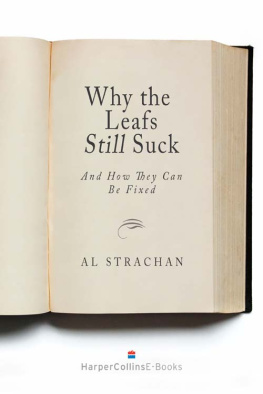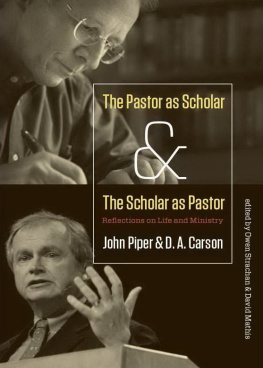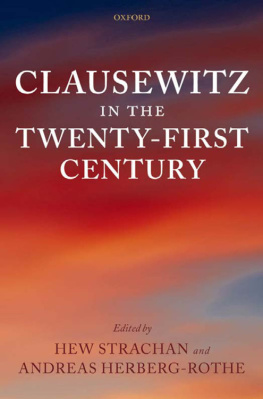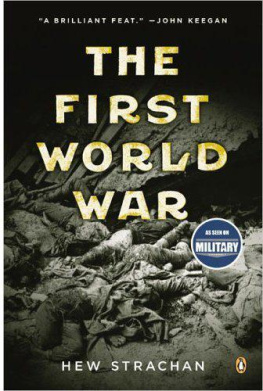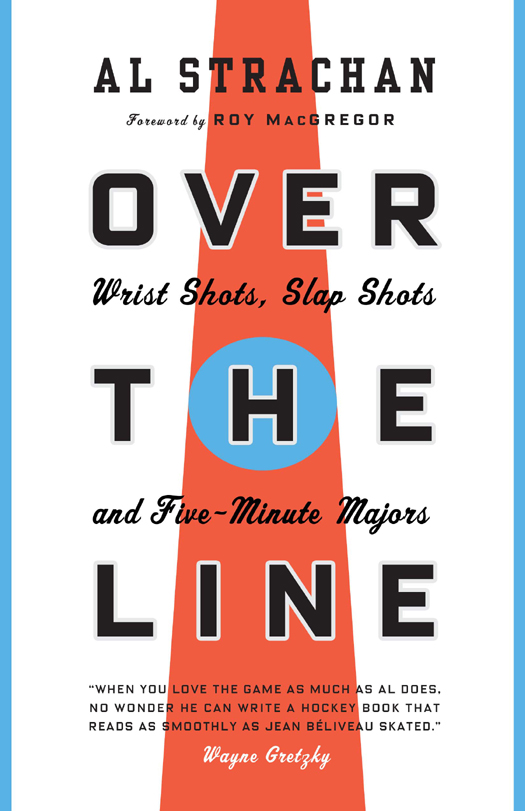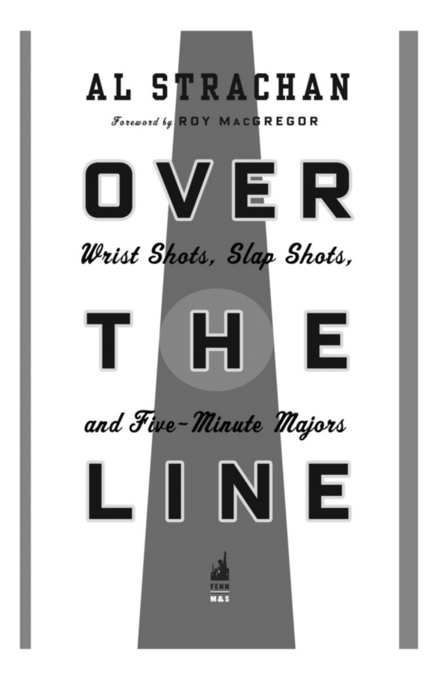BOOKS BY AL STRACHAN
One Hundred Years of Hockey: The Chronicle of a Century on Ice (with Eric Duhatschek and Rejean Tremblay)
Go to the Net: Eight Goals That Changed the Game
Don Cherrys Hockey Stories and Stuff (as told to Al Strachan)
Why the Leafs Suck and How They Can Be Fixed
I Am Not Making This Up: My Favourite Hockey Stories from a Career Covering the Game
Over the Line: Wrist Shots, Slap Shots, and Five-Minute Majors
Don Cherrys Hockey Stories Part 2 (as told to Al Strachan)
Copyright 2011 by Al Strachan
All rights reserved. The use of any part of this publication reproduced, transmitted in any form or by any means, electronic, mechanical, photocopying, recording, or otherwise, or stored in a retrieval system, without the prior written consent of the publisher or, in case of photocopying or other reprographic copying, a licence from the Canadian Copyright Licensing Agency is an infringement of the copyright law.
Library and Archives Canada Cataloguing in Publication
Strachan, Al
Over the line : wrist shots, slap shots and five-minute majors / Al Strachan.
eISBN: 978-0-7710-8348-8
1. National Hockey League Anecdotes.
2. Hockey Anecdotes. 3. Strachan, Al. I. Title.
GV847.8.N3S853 2011 796.96264 C2011-905586-4
We acknowledge the financial support of the Government of Canada through the Book Publishing Industry Development Program and that of the Government of Ontario through the Ontario Media Development Corporations Ontario Book Initiative. We further acknowledge the support of the Canada Council for the Arts and the Ontario Arts Council for our publishing program.
Published simultaneously in the United States of America
by McClelland & Stewart Ltd., P.O. Box 1030, Plattsburgh,
New York 12901
Library of Congress Control Number: 2011935491
McClelland & Stewart Ltd.
75 Sherbourne Street
Toronto, Ontario
M5A 2P9
www.mcclelland.com
v3.1
This one is for Christie Blatchford who never enters a room as much as she explodes into it. She refers to me as the best husband she never had, and takes great delight in embarrassing me in print. But Ive never known anyone as kind.
CONTENTS
FOREWORD
BY ROY M AC GREGOR
It is unusual for a book to reduce you to two types of tears, but Al Strachan has managed exactly that with this compelling look at the world of hockey and the world of journalism that covers that magnificent game.
I laughed until I cried at some parts. And I wept for what has become of sports journalism over recent years.
If there is a pendulum swinging in the journalism world that covers hockey, it should, on a perfect day, sit somewhere in the middle, with the breaking news and minutiae small trades, contractual breakdowns, league suspensions, etc. on one side and storytelling on the other. There has traditionally been these two talents in sports journalism and they both acknowledge, respect, and even need each other. One does the telling; the other the explaining. One introduces; the other gets to know the player, the coach, the owner, the villain (not always to be confused).
In the past several years, there have two critical developments that have skewed hockey journalism. One is the baseball-ization of the game an American-driven need to reduce this game of chance and of creativity to a game of predictions and projections. It began with the National Hockey League issuing game sheets that broke down each match into multiple segments, some of them actually helpful (ice time), some of them debatable (half of faceoffs are neither won nor lost by the ones taking the faceoff), some of them absurd (takeaways and giveaways, which should, in fact, be credited to whichever player created the situation where a puck is gained or lost). So far has this baseball-ization gone that there are even complicated formulae developed to prove which players are the most defensively responsible, though the players the numbers claim to honour invariably leave real hockey people scratching their heads in total bafflement. There has never been a formula developed for the single most important criterion in any hockey game: shit happens.
The second critical development has been the Internet. While this has proved a boon to research and even review (journalists sitting in press boxes can cue up a critical replay moments after the play takes place), and while it has allowed thousands a voice that traditional journalism never allowed, it has also been extremely damaging to the concept of what passes for news in sport.
Largely because of Twitter, the critical element in hockey journalism today has become whos first? Nothing else seems to matter. So important has it become to be seen to be first that the most meaningless minutia a trade of two players you never heard of in a minor league youve never heard of gets trumpeted as if its the Esposito trade to Boston or the Gretzky sale to Los Angeles. Dancing thumbs will even argue over who was first with such a non-story as the impending retirement of Detroit Red Wings Brian Rafalski an event that in the pre-Twitter days would have amounted to a small uncredited note in the sports pages.
This has all managed to turn sports television into a bit of a laugh. During critical moments during the season trading deadline, impending suspensions, etc. the multiple talking panels on sports television show little more than men in dark suits fiddling with their BlackBerries as they stare into their tiny screens blissfully unaware of how ludicrous it appears in the big screen. As one very proper English writer once said to me as she happened to catch such a session, It looks as if theyre masturbating.
In many ways they are. What Twitter and blogging has become, in no small part, is public masturbation. Size matters, as in number of followers.
Some will say this is all sour grapes and I would like to smile right back at them and say Of course it is. Sour because storytelling is largely dead. Sour because the pendulum has swung so far into the muck of minutia that it is stuck. Television is so caught up in this largely meaningless minutia that hardly ever is a compelling story told any longer on television. Hockey Night In Canada, which used to do such a splendid job of taking fans inside the lives of players, now rarely bothers even to try, so caught up is the program in its own self-importance. As for TSN and Sportsnet, their best stories are, ironically, done in print, on their websites, the television reserved almost exclusively for panels that are growing just a tad tired, shall we say. There is some good analytical work done there by some of the best minds in the game, but not nearly enough stories told.
There is another issue, far more difficult to address. And that is the effect over the control of the supply of information. So much of what has become deemed important in hockey these days comes only via the National Hockey League information on contracts, trades, suspensions, ownership, rule changes that it has made those who deal in such information, whether they fully realize this or not, beholden to the National Hockey League. There is such precious little objective criticism of the league that those watching and listening cannot but wonder if the control of minutia has more than somewhat become the control of thought.


